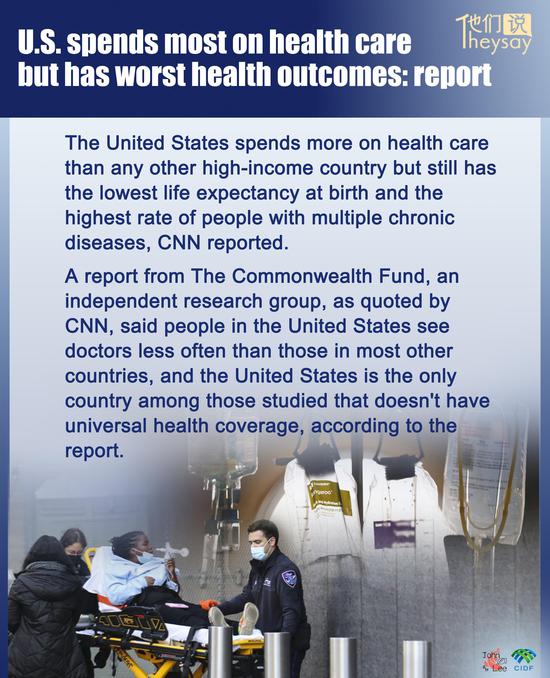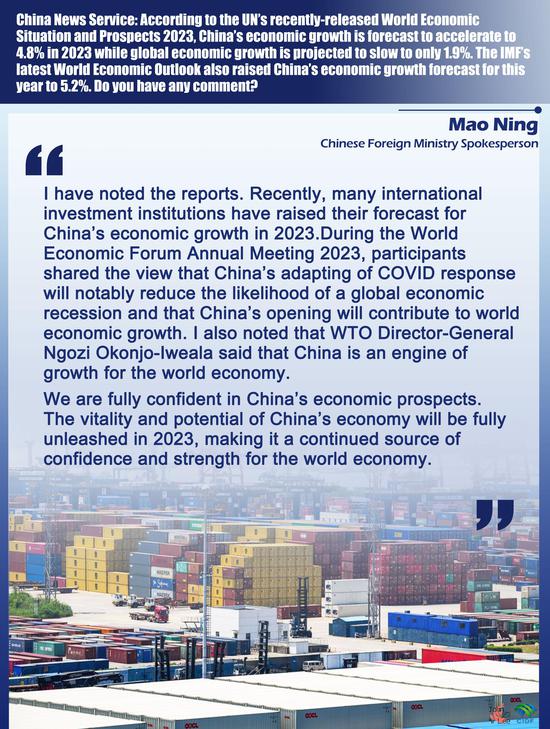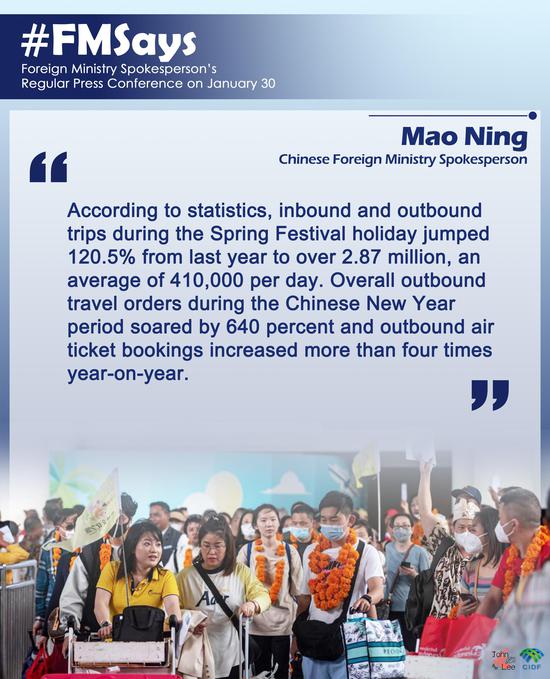Newly released U.S. official data showed that goods trade between the United States and China hit a record 690.6 billion U.S. dollars in 2022, indicating robust trade growth amid bilateral tensions and decoupling rhetoric.
The U.S. Commerce Department data, which are not adjusted for inflation, showed that goods exports to China increased by 2.4 billion dollars to 153.8 billion dollars and imports increased by 31.8 billion dollars to 536.8 billion dollars.
The data showed that despite U.S. government's decisions to impose tariffs and export controls and some politicians' rhetoric to decouple from China, trade growth between the two major economies remains robust.
Bilateral trade relations have reached a low point since 2018, when former U.S. President Donald Trump launched a trade war with China, unilaterally imposing tariffs on over 300 billion dollars worth of Chinese goods. Since taking office, current President Joe Biden has not yet made a decision to scrap any Trump-era tariffs.
William Reinsch, a senior adviser at the Center for Strategic and International Studies, a Washington-based think tank, was quoted by Bloomberg as saying that the latest data showed that "consumers have minds of their own."
"At the market level, we're still doing a lot of business...The macro relationship hasn't changed that much; we're still trading a lot," said Reinsch, who also served as the under-secretary of commerce for export administration during the Clinton administration.
Decoupling isn't yet happening in any significant way, not by a long shot, and isn't likely to, Foreign Policy magazine said in an analysis. It quoted U.S. business insiders as saying that the U.S.-China economic relationship remains profound and is growing deeper in many sectors, and that a decoupling will undercut U.S. global competitiveness.
"The bottom line is that exports to China help a range of industries across the United States stay profitable and competitive," President of the U.S.-China Business Council (USCBC) Craig Allen said earlier.
"They also support American jobs, from the tourism industry, to farmers and ranchers in Iowa, to chipmakers in Oregon, and to innovative drugmakers in North Carolina," Allen added.


















































 京公网安备 11010202009201号
京公网安备 11010202009201号